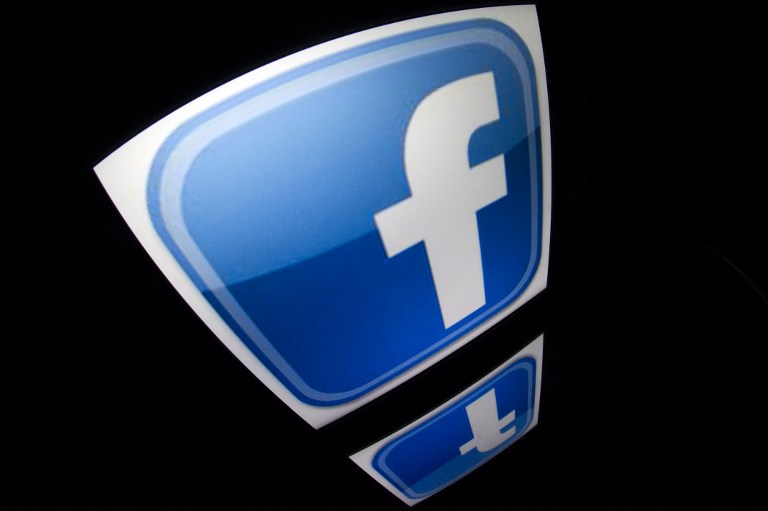London-Facebook, Google and Twitter are responsible for providing “material support” to extremists such as ISIS. This is what the father of a young woman killed in the Paris terrorist attacks last November claimed in a lawsuit filed in the United States.
Reynaldo Gonzalez, whose daughter Nohemi was among 130 people killed in the Paris attacks, filed the suit this week in the U.S. District Court in the Northern District of California.
The suit claims the companies “knowingly permitted” ISIS to recruit members, raise money and spread “extremist propaganda” via their social-media services.
In statements, Facebook and Twitter said the Gonzalez lawsuit is without merit, and all three companies cited their policies against extremist material. Twitter, for instance, said that it has “teams around the world actively investigating reports of rule violations, identifying violating conduct, and working with law enforcement entities when appropriate.”
According to the Associated Press, Facebook’s statement read, in part, that if the company sees “evidence of a threat of imminent harm or a terror attack, we reach out to law enforcement.”
Google, meanwhile, said it won’t comment on pending litigation, but noted that that it has “clear policies prohibiting terrorist recruitment and content intending to incite violence and quickly remove videos violating these policies when flagged by our users.”
Gonzales urged the court to announce that the accused companies have violated and continue to violate the anti-terror law in the United States, and called for compensation.
Under U.S. law, internet companies are generally exempt from liability for the material users post on their networks. Section 230 of the 1996 Communications Decency Act provides a legal “safe harbor” for companies like Twitter and Facebook; it states that “no provider or user of an interactive computer service shall be treated as the publisher or speaker of any information provided by another information content provider.”
